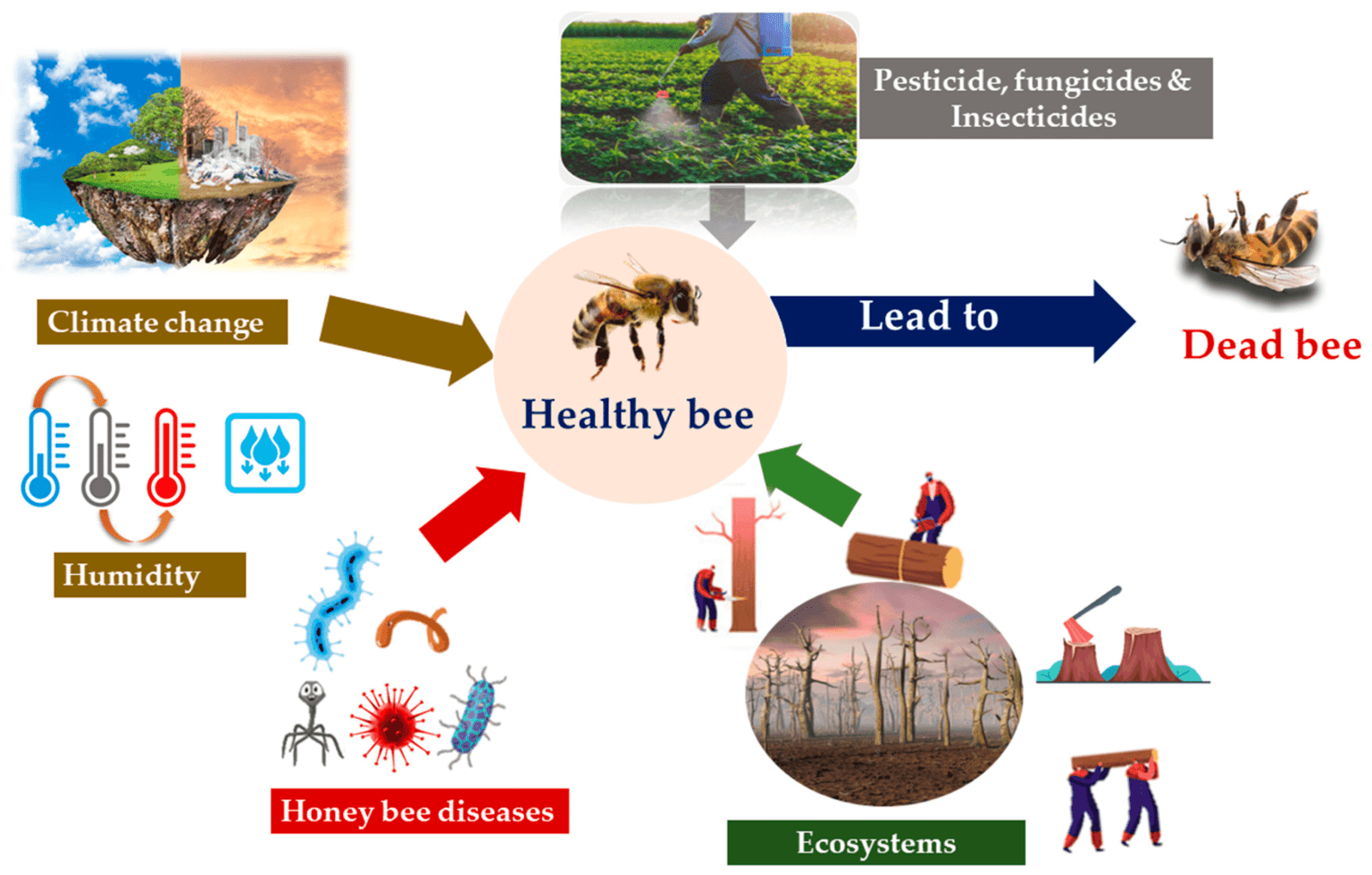In the realm of agriculture, a diverse array of faunas exists, each playing a crucial role in supporting farmers and their practices. From the intricate world beneath our feet to the buzzing life in the air, and from the serene waters to the bodies of animals, these beneficial faunas contribute to the well-being of farming systems. This article explores the interconnected nature of these faunas, highlighting their roles in enhancing agricultural productivity while promoting sustainability.
Soil fauna and pollinators
Beneath the surface, a hidden world thrives. Soil fauna, ranging from earthworms and nematodes to insects, form the backbone of healthy soil ecosystems. Earthworms diligently aerate the soil, facilitating water infiltration and root growth, while also breaking down organic matter. In turn, this nutrient-rich soil nourishes the roots of plants, enhancing crop productivity. Simultaneously, above the ground, pollinators such as bees, butterflies, and birds diligently transfer pollen between flowers, ensuring successful fertilization and fruit development. The intricate dance between soil fauna and pollinators weaves the foundation of bountiful harvests.
Pest predators and natural control
Nature provides its own pest control brigade, comprising beneficial insects such as ladybugs, lacewings, and spiders. These remarkable creatures prey on crop-damaging insects, keeping pest populations in check. So, encouraging the presence of these natural predators through diverse plantings and the creation of insect-friendly habitats, farmers can reduce their reliance on chemical pesticides, promoting ecological balance and safeguarding the health of their crops.
Birds, bats, and aquatic harmony
The skies and waters also harbour valuable allies for farmers. Birds and bats, in addition to their melodious songs and graceful flights, act as natural pest controllers. Feeding on insects, rodents, and nuisance species, these winged wonders offer vital protection to crops and livestock alike. Farmers can support these guardians by providing suitable nesting sites, minimising pesticide use, and creating habitats that invite their presence. Moreover, aquatic faunas contribute to sustainable farming practices as well. Fish, such as tilapia or catfish, can be cultivated in farm ponds, providing both protein source and effective mosquito larvae control. Additionally, aquatic plants, including the humble duckweed, purify water and offer nutritious feed for livestock by fostering harmonious relationship between land and water.
Symbiotic relationships and gut health
Nature’s ingenuity extends to the very bodies of farm animals. Animals such as cattle and other grazers form symbiotic relationships with birds known as oxpeckers. These feathered companions feed on ticks and parasites that plague the animals, benefiting both the birds and the livestock. Furthermore, within the digestive systems of farm animals, a community of beneficial bacteria, collectively known as gut microbiota, plays a vital role in digestion and nutrient absorption. Therefore, providing balanced diets, incorporating probiotics, and ensuring a stress-free environment, farmers can foster optimal gut health in their animals, promoting overall well-being and productivity.
Conclusion
From the depths of the soil to the heights of the sky, and within the bodies of animals, the interconnectedness of beneficial faunas in agriculture is awe-inspiring. Hence, recognising and nurturing these relationships, farmers can embrace sustainable farming practices that reduce reliance on synthetic inputs, enhance biodiversity, and safeguard the long-term health of our ecosystems. As we continue to explore the intricate web of life on and around farms, a deeper appreciation for the invaluable role played by these faunas emerges, reminding us of the delicate balance, between human endeavours and the natural world.

